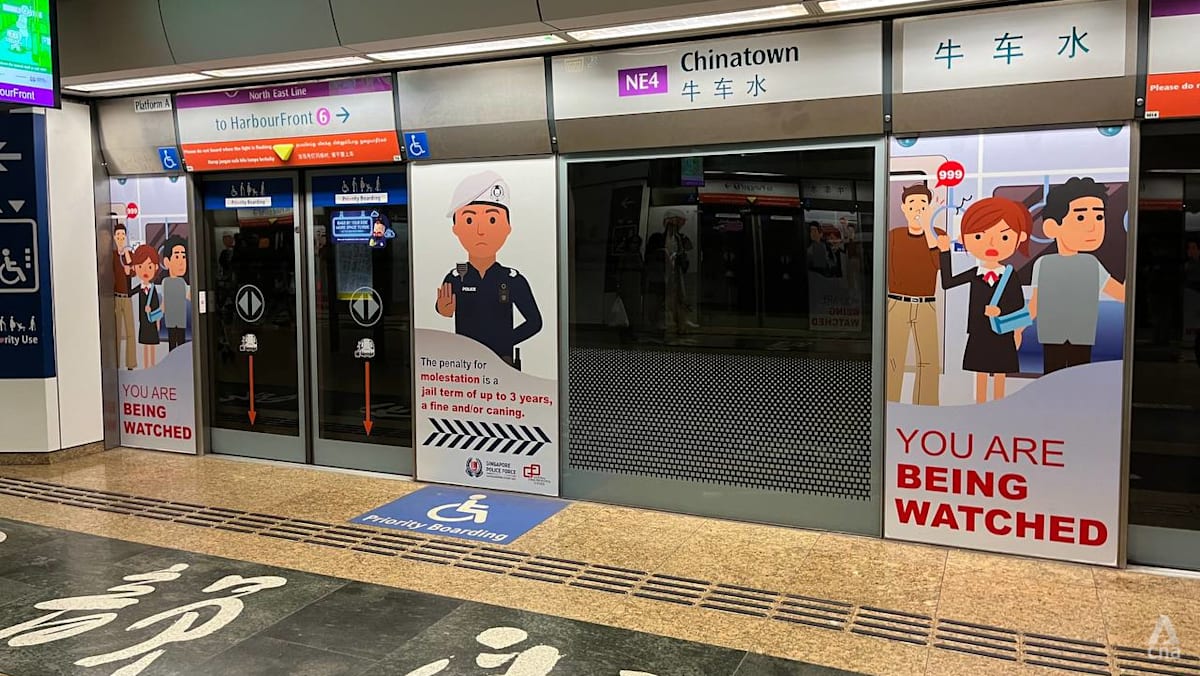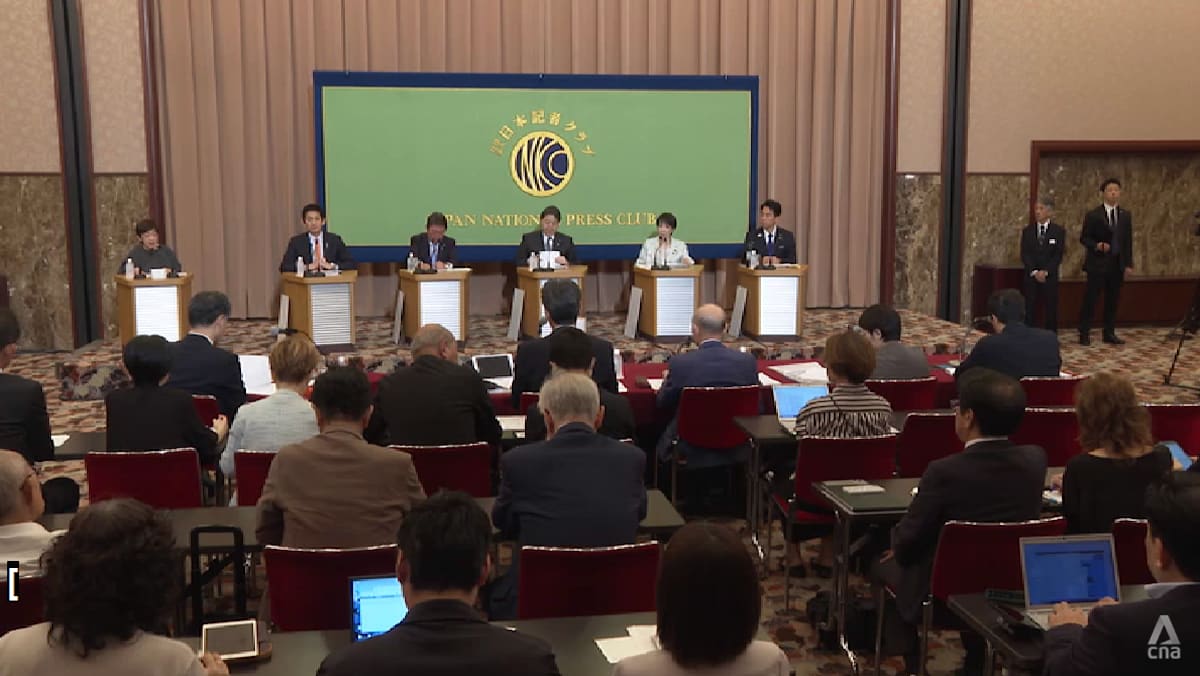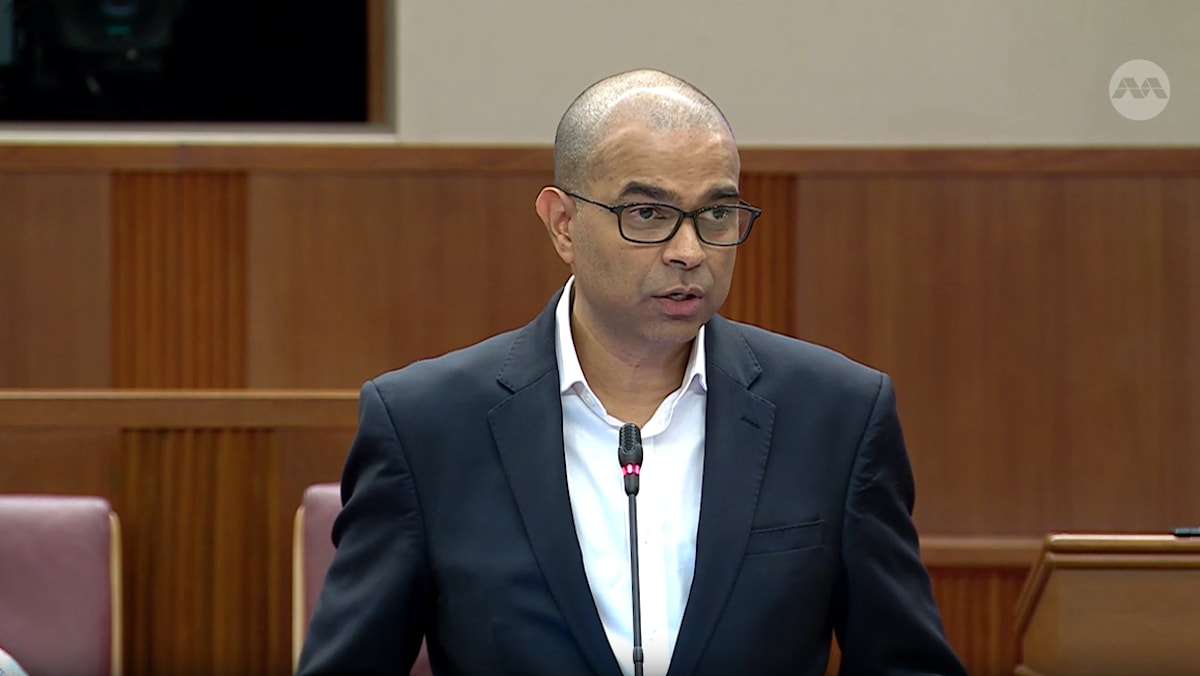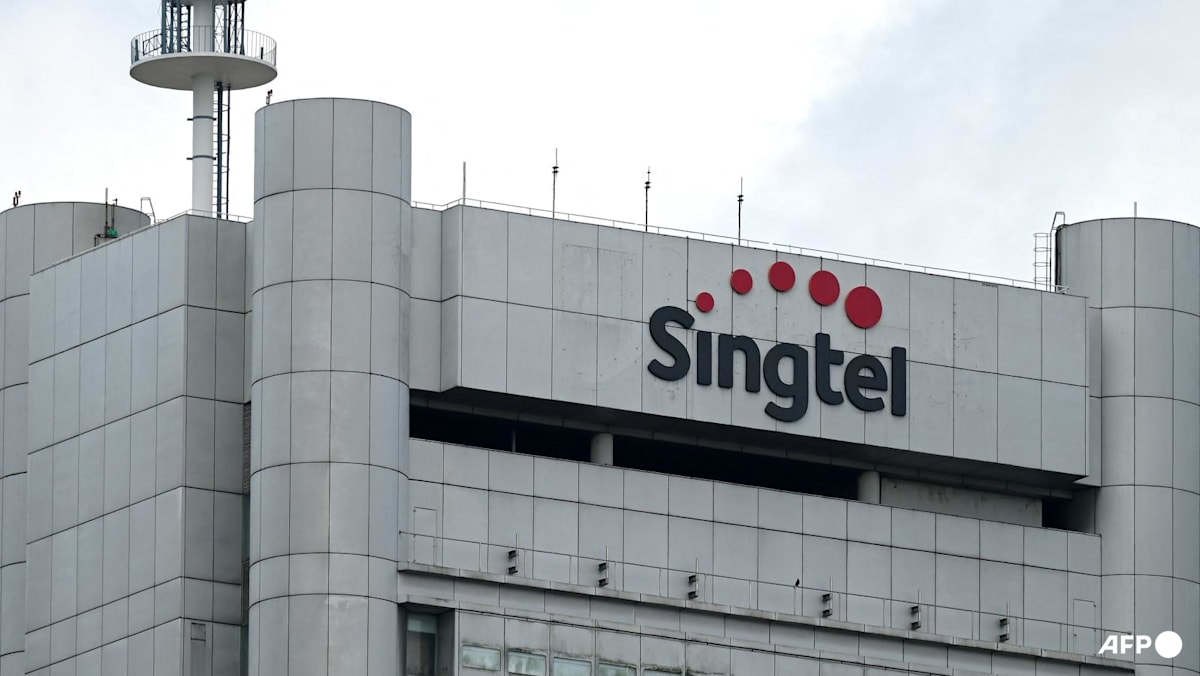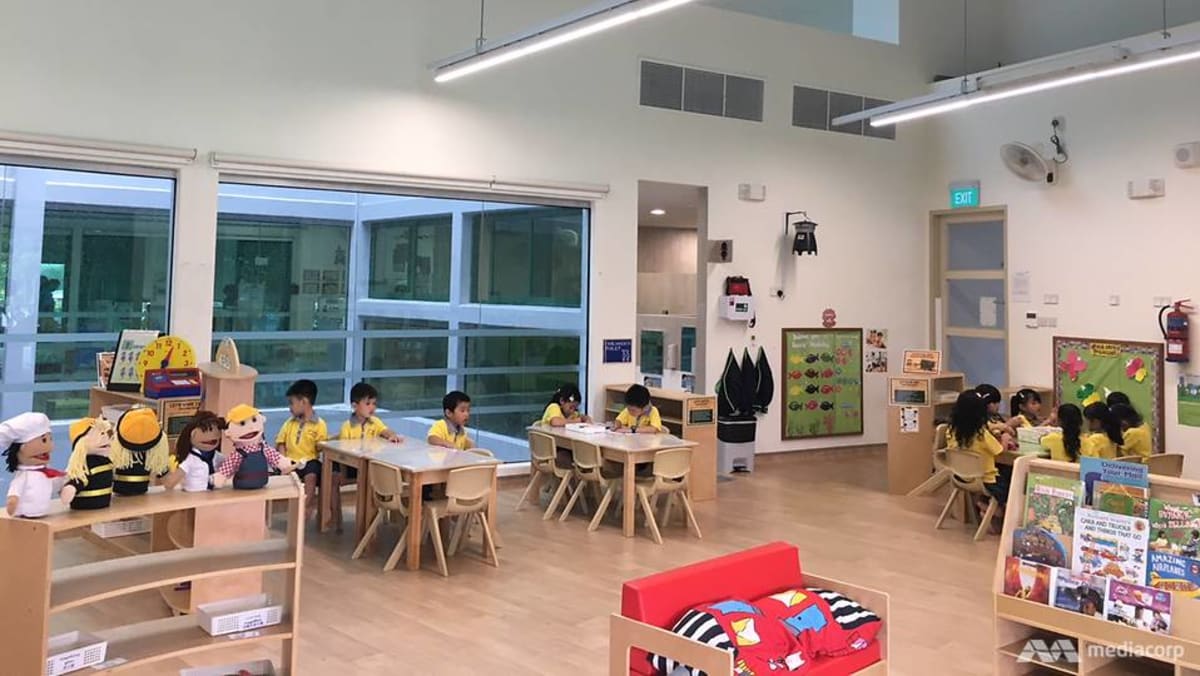POSITIVE TAKE-UP
Overall, Dr Janil said the take-up of the Level-Up programme has been positive.
More than 36,000 Singaporeans have used their S$4,000 SkillsFuture Credit top-up during the scheme’s first year of implementation between May 2024 and Apr 2025, with claims amounting to over S$24 million over the same period.
Claims data showed a near six-time increase in the number of individuals opting for the SkillsFuture Career Transition Programmes – from around 1,500 to around 8,500, compared to the same period in the year before.
These career transition programmes provide training for up to 12 months and employment facilitation. Since the launch in June 2022 to end-2024, about 55 per cent of almost 4,300 trainees secured employment within six months of completing their training.
As of July, there are about 330 such programmes offered in 21 sectors with “good hiring opportunities”, such as information and communications, professional services and food services, Dr Janil told the House.
Meanwhile, those who used their SkillsFuture Credit for full qualifications increased from around 3,000 to about 7,000.
Within the first three months of implementation, more than 3,200 Singaporeans were successful in their training allowance applications for full-time long-form training, with over S$30 million in claims committed as at end-July.
The Level-Up programme will be expanded to include part-time training programmes from early next year, alongside the addition of more career transition programmes to meet emerging skills needs.
“We will continue to monitor the training needs of adult learners over their life stages, as we expand the SkillsFuture Level-Up programme,” said Dr Janil.
Responding to suggestions for the initiative to also cover younger workers, Dr Janil said younger workers are supported by other broad-based training support offered by the SkillsFuture initiative.
From early 2026, lower-wage workers in their 30s will also receive a monthly training allowance when they pursue eligible long-form training, similar to the SkillsFuture Level-Up Programme.
The Government is also prioritising support for those over 40 because they may face higher risk of skills obsolescence after having earned their qualifications many years ago. Given their family and work responsibilities, they also face higher opportunity costs in pursuing upskilling and reskilling, added Dr Janil.
He added that the government welcomes feedback and will continue to monitor the employment outcomes from the increased training take-up.
The success of the SkillsFuture Level-Up Programme “ultimately must be measured by how confident mid-career Singaporeans are in using these newly acquired skills to navigate the disruptions in the economy ahead”, Dr Janil told the House.
“The outcomes cannot just be measured by employment outcomes alone, since training alone cannot guarantee jobs and may not lead to immediate employment gains.”
